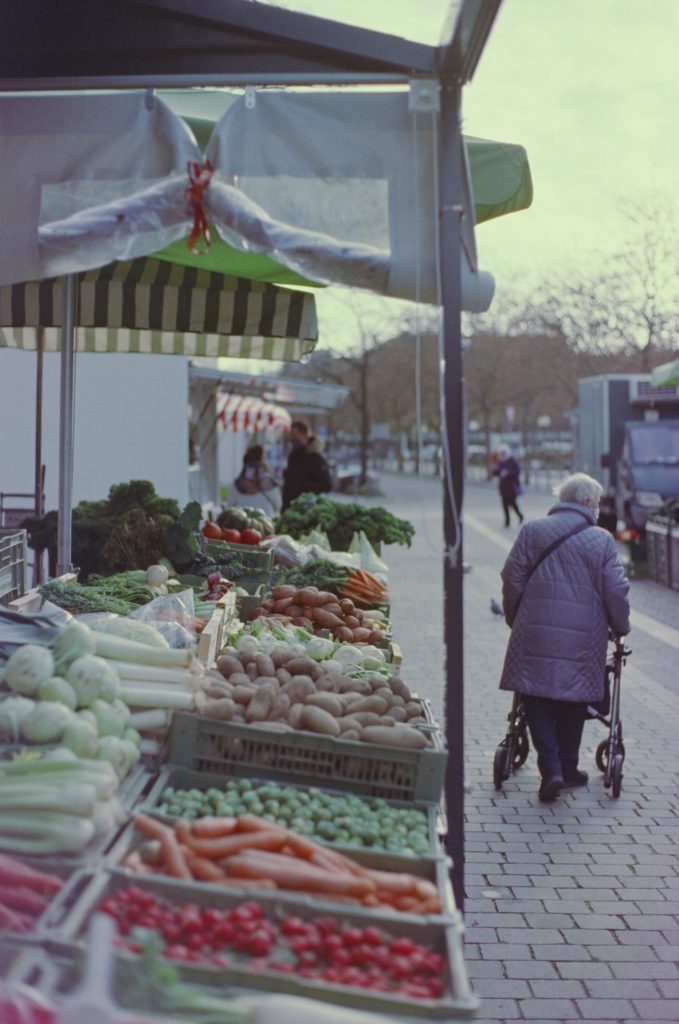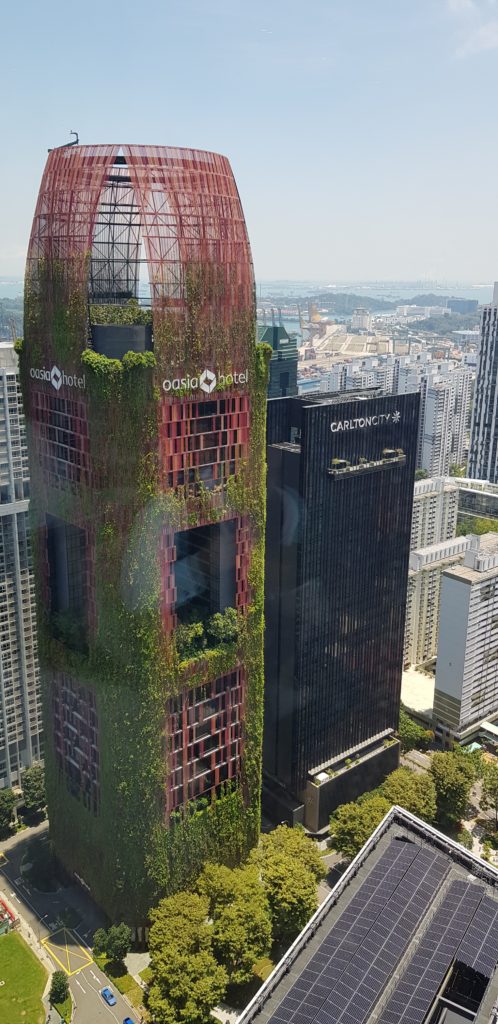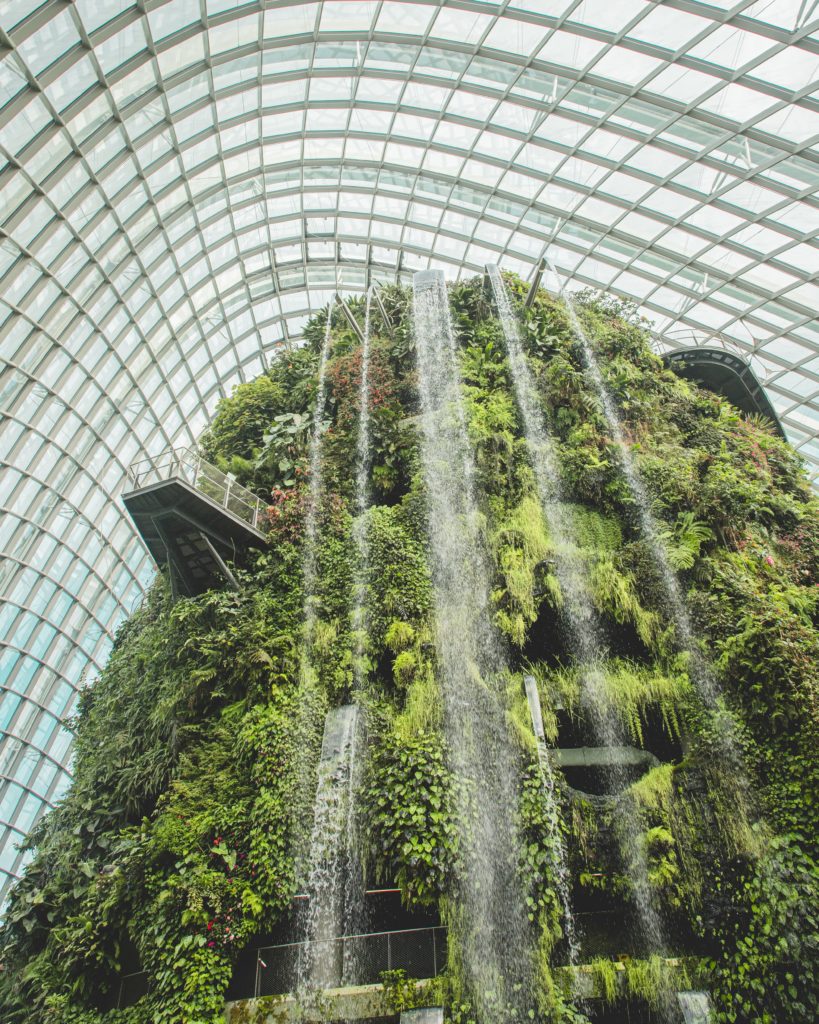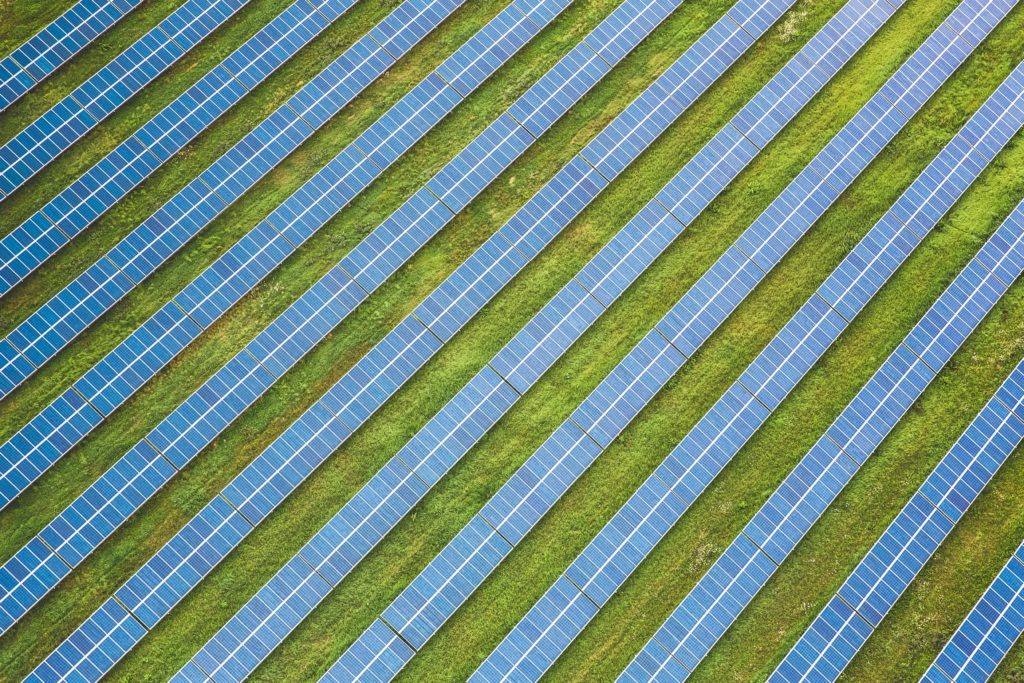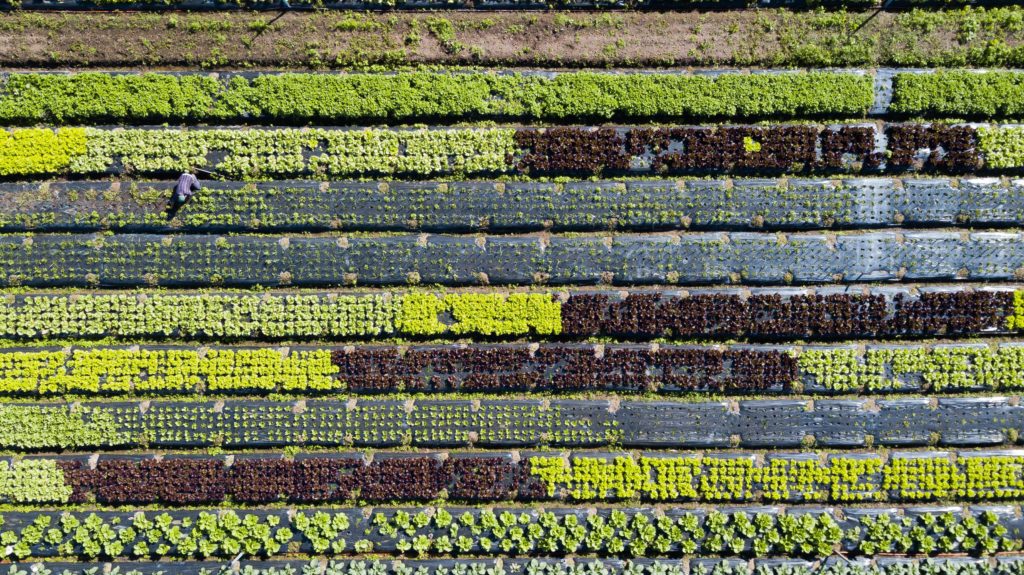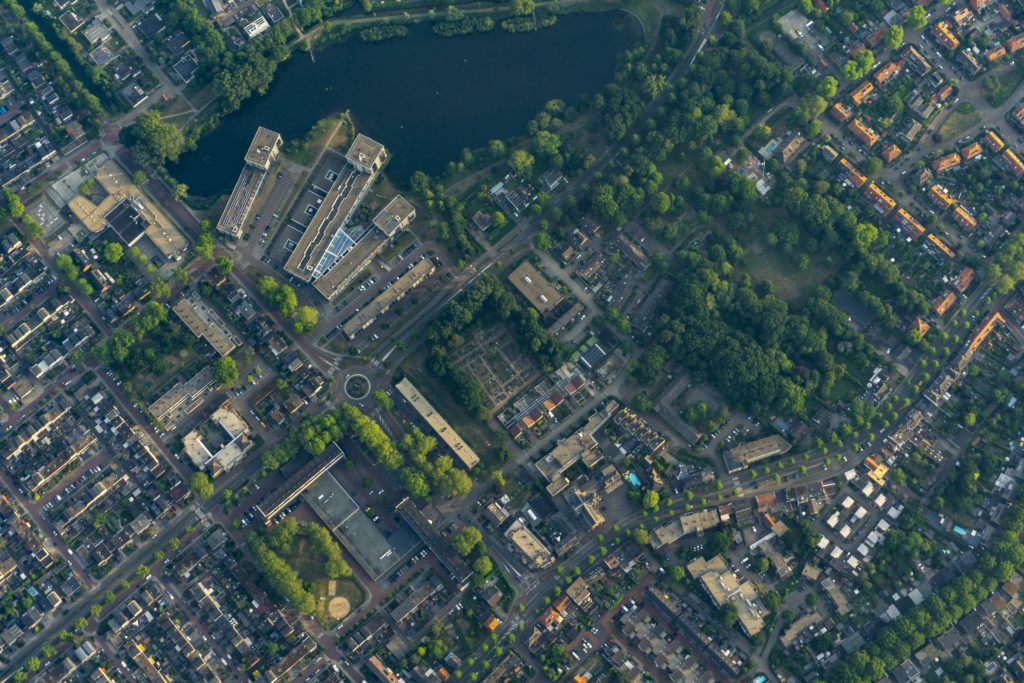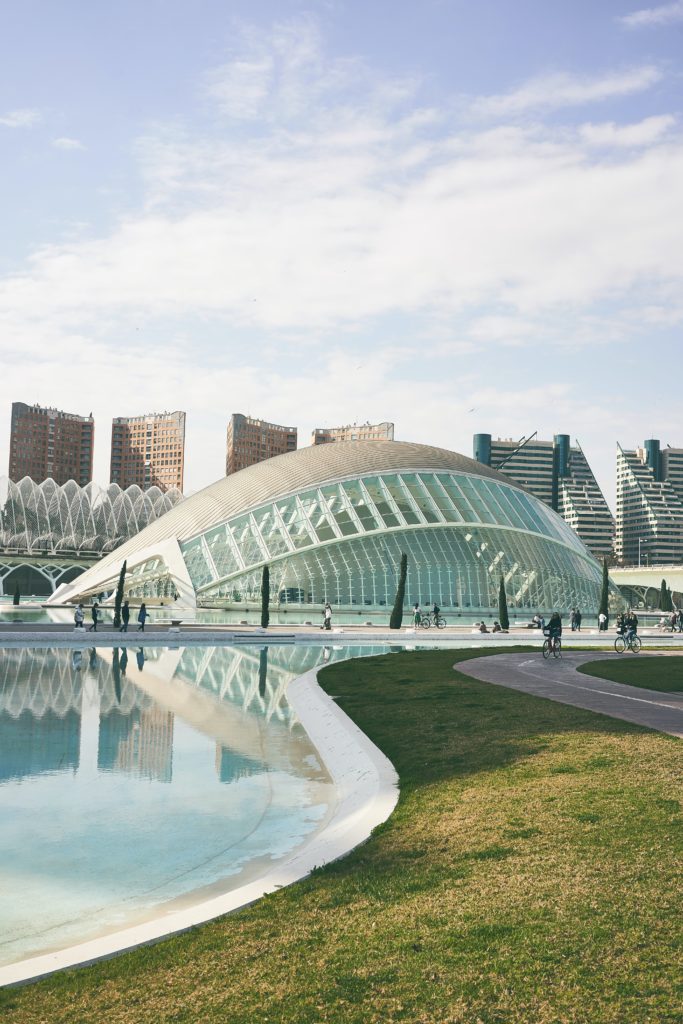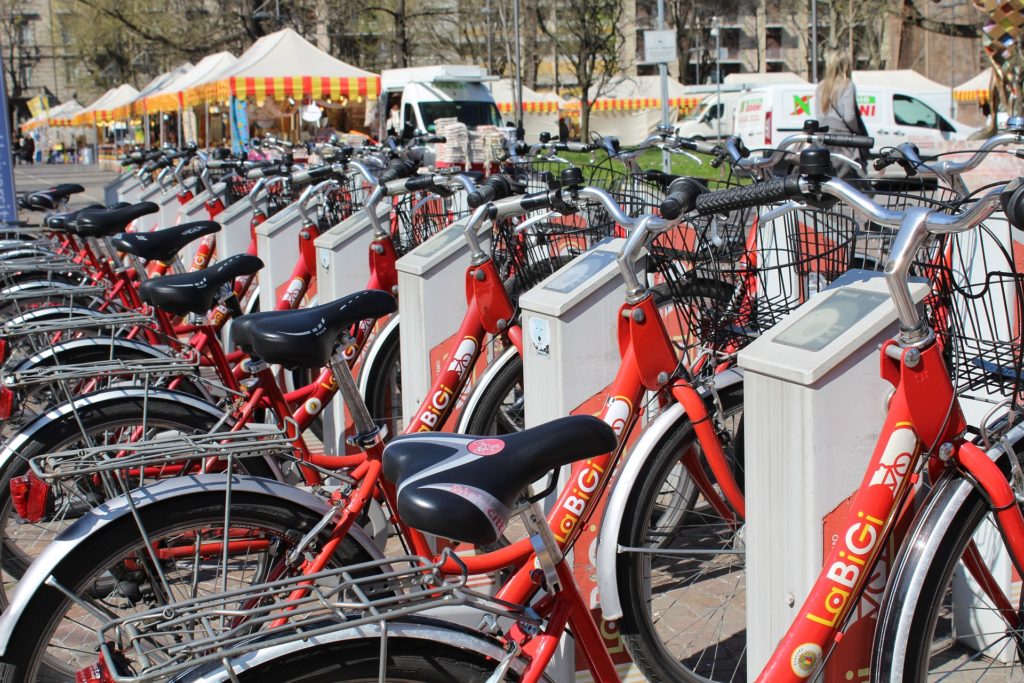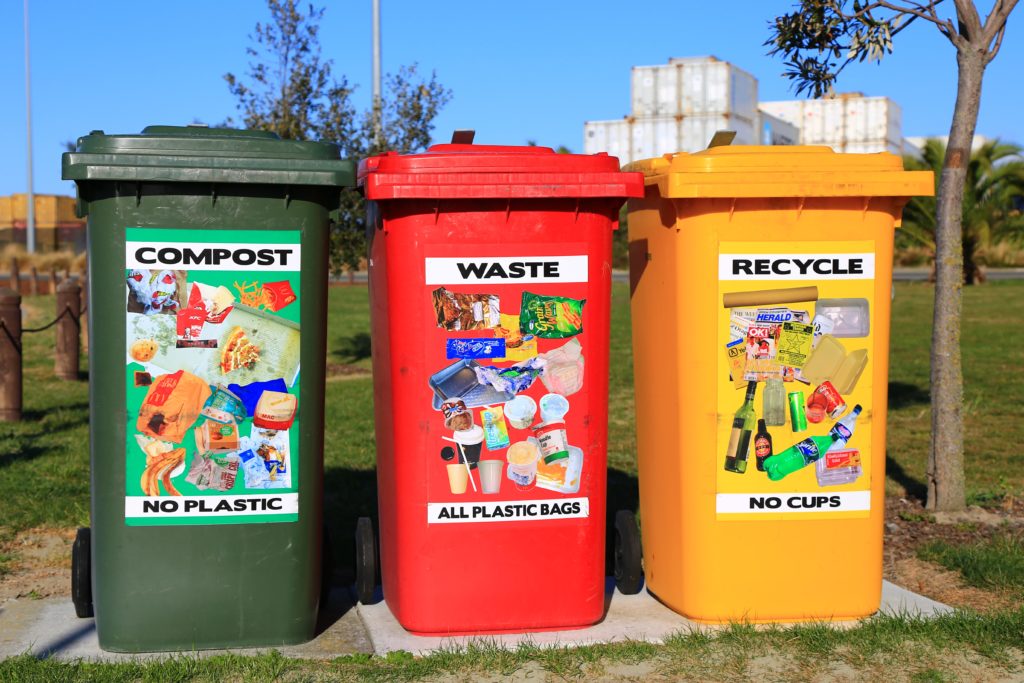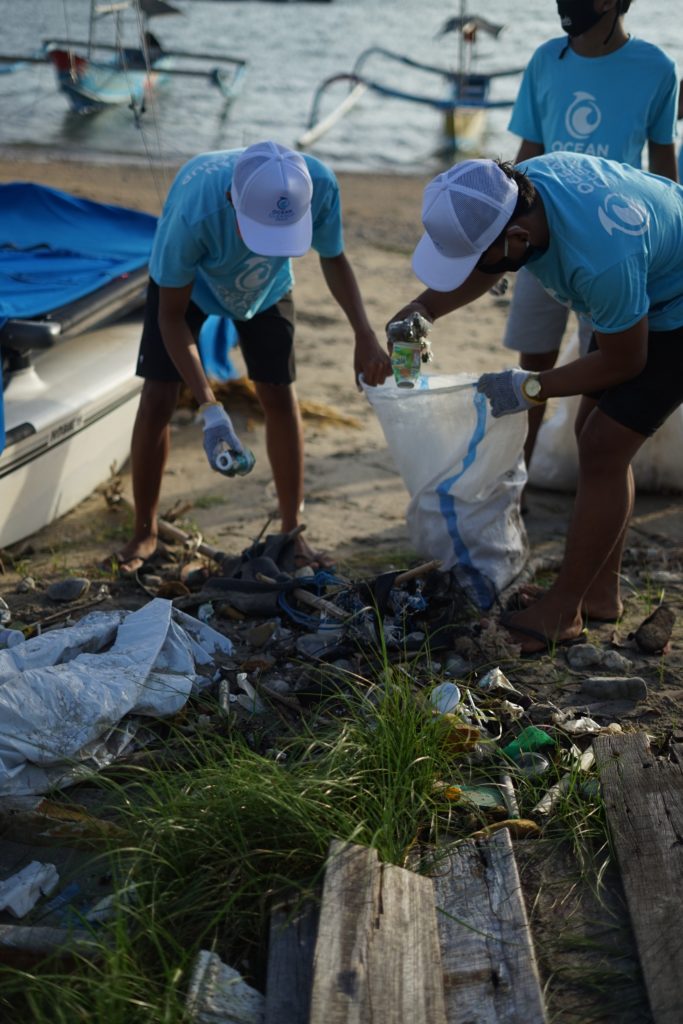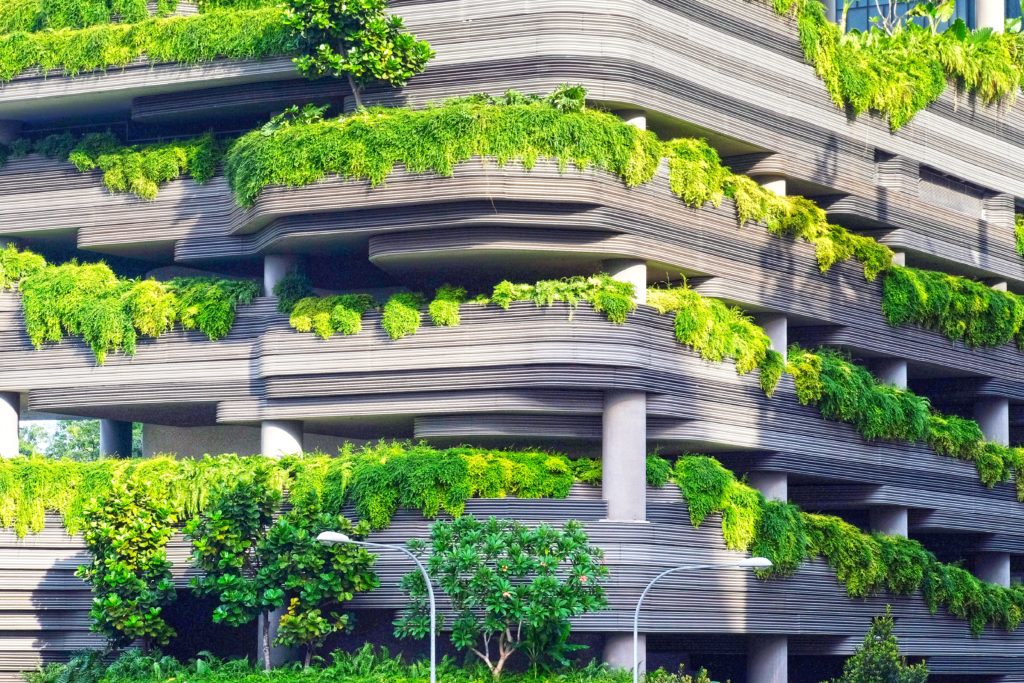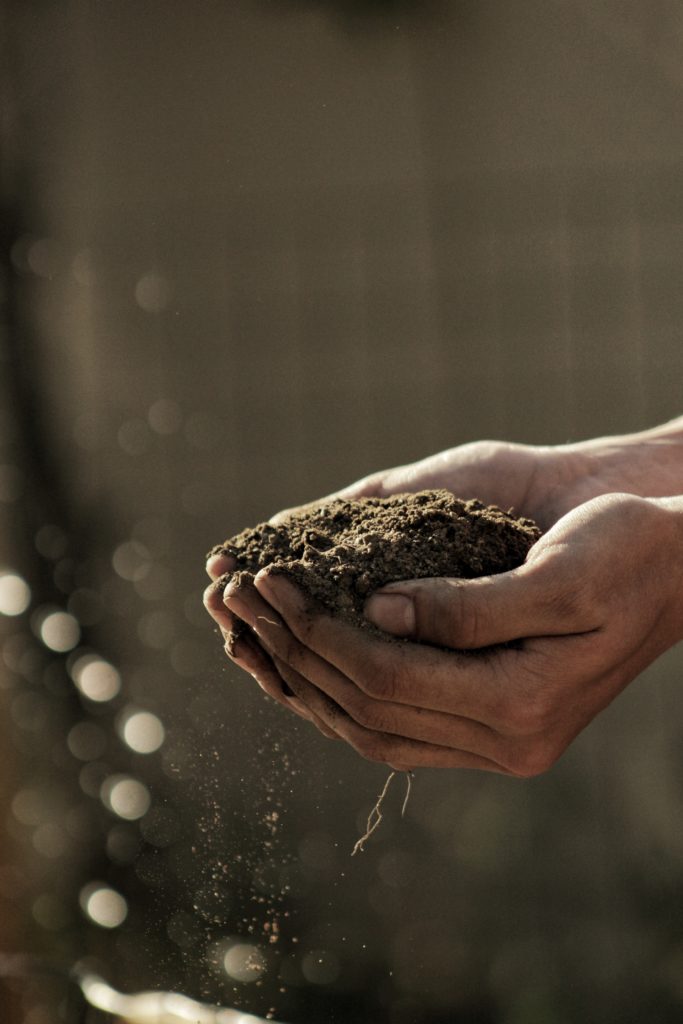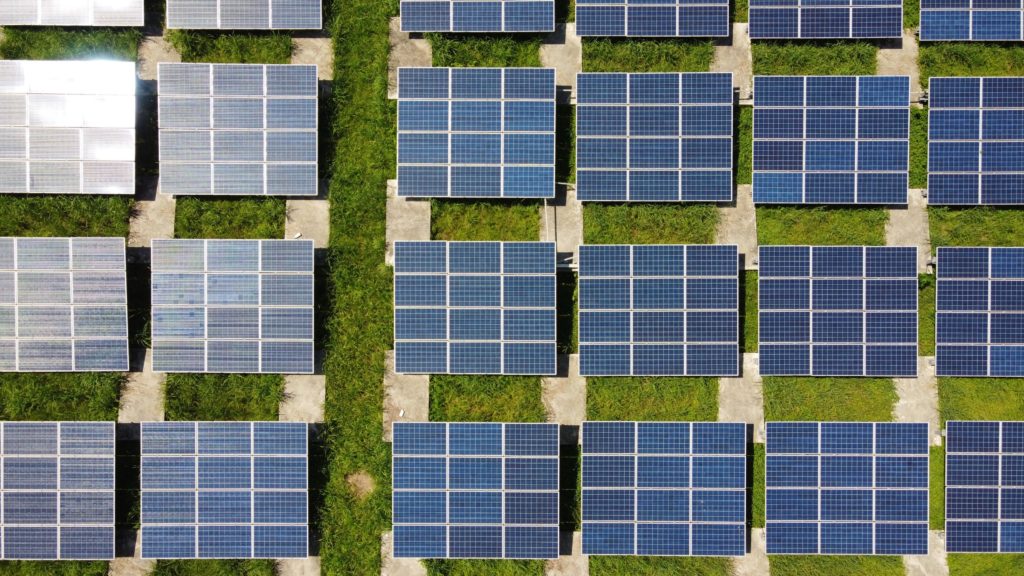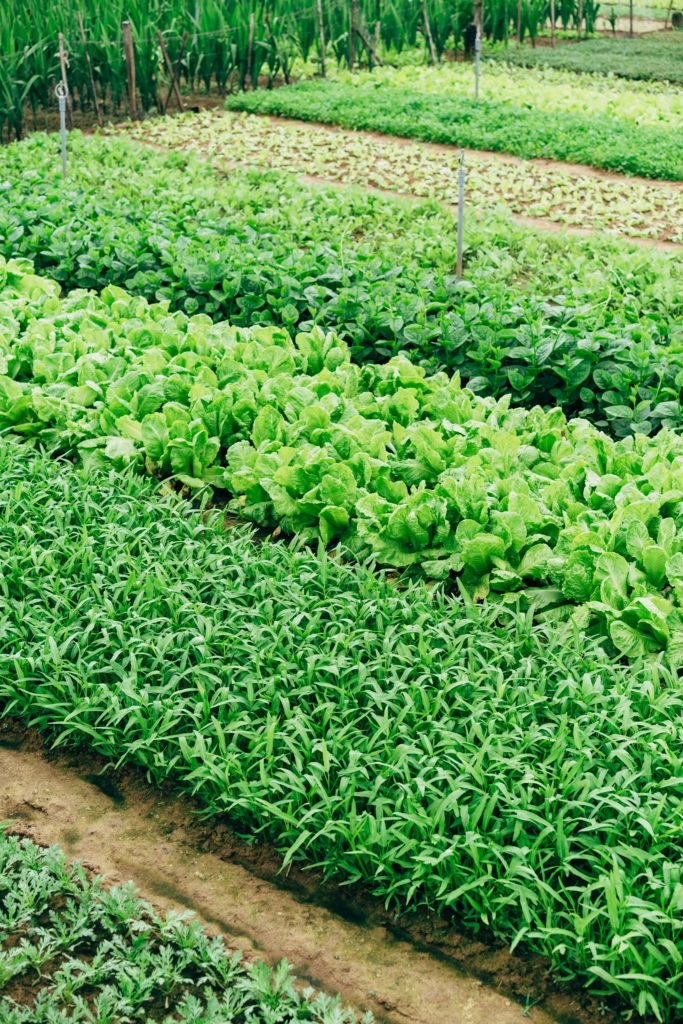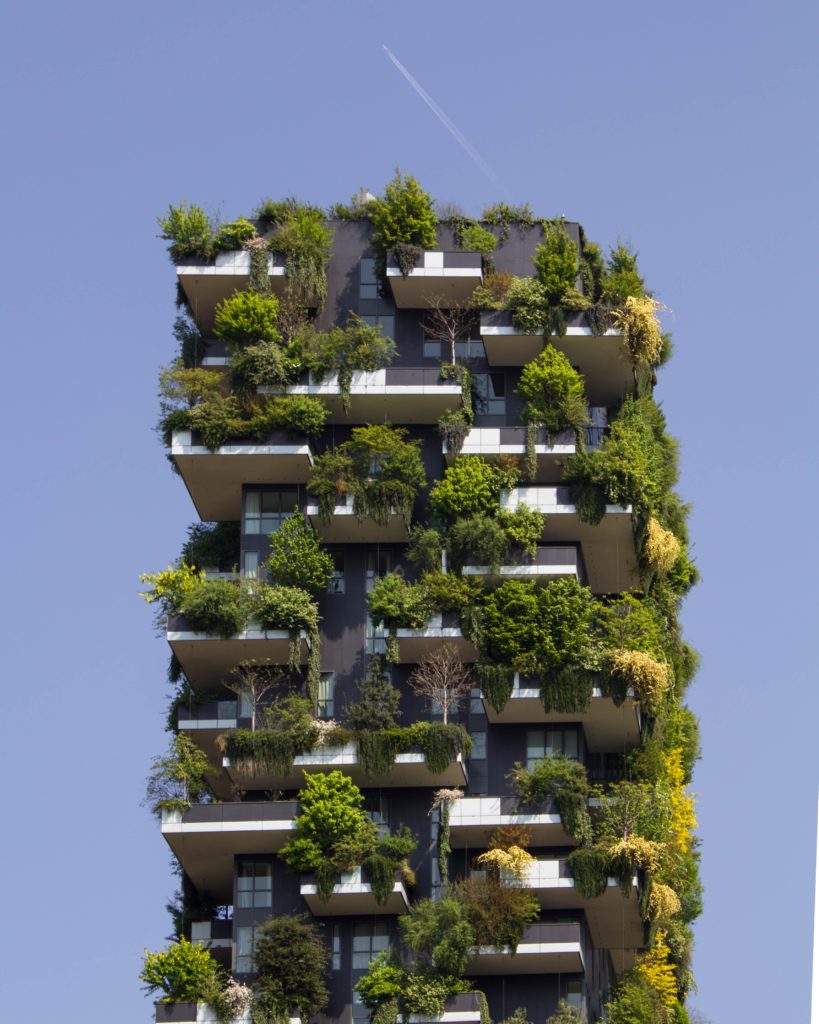TOWARDS URBAN SUSTAINABILITY
“SDGs and the food-energy-water (FEW) nexus for urban sustainability”


Goals and Objectives
We are inviting university students across the globe from all academic disciplines to participate in our annual video competition. The competition aims to showcase students’ scientific journalistic skills while highlighting Sustainable Development Goals (SDGs) 6, 7, 11, and 12 and its relationship to food-energy-water (FEW) nexus.
Students are asked to create videos that highlight initiatives within their campuses, cities, municipalities and/or communities to address urban sustainability. They may also explore challenges and/or opportunities in relation to urban sustainability. This can be done individually or in groups of no more than three. Participants are asked to create a 60 –180 second video responding to this challenge. Entries must have a designated team faculty leader (from students’ institution) for communications about technical and administrative issues and, where applicable, for finalist and winner notification.There are no restrictions about how you make your video – you can talk to the camera, use props, incorporate animations, etc. The goal is to demonstrate scientific journalistic skills and creativity. Participants will be evaluated based on the relevance to SDGs and FEW nexus, messaging and communication, creativity, and video and editing quality.
Deadline
All video submissions must be received by 5:00pm EST on Monday, November 8, 2021. They must be submitted through the link below. If you have any questions regarding your submission please contact Sara Mulville smulvill@utk.edu.
Awards
Videos will be displayed at our Fall 2021 Annual FEWSUS Research Conference website. UT communication professionals will select a first round of videos that will be shown during breaks throughout the three day event. Judges will consist of invited speaker and event attendees that will vote for best video online by midnight of Nov. 16. The awarded video will be announced and displayed at the closing ceremony on Nov. 17. Additionally, each member from the winning team will receive an Amazon gift card (US$75/each).
INTERNATIONAL VIDEO COMPETITION ENTRY
Submission Guidelines
ALL DISCIPLINES ARE WELCOME. We welcome perspective, concept, outreach, policy, research and collaborative stories type submissions.
Video Specifications (please read carefully)
You must submit an unlisted YouTube video. Instructions here https://fewsus.utk.edu/video-podcast/
1. The video file name should be: Institution_LastName_FirstName of the individual submitting or the team leader, as appropriate. 2. Video entries should be no shorter than 60 seconds and no longer than 3 minutes in length. 3. Videos should be filmed & edited in high resolution (HD 1280×720 or higher) format. 4. Individual entries or entries from groups of up to three member.
Suggested video themes examples
Theme (i) FEWSUS/SDG 6: Clean water and sanitation

- Safe drinking water for urban systems
- Freshwater withdrawals and water use efficiency for agriculture, industry and municipal uses
- Wastewater treatment and reuse
- Urban water governance and policy
- Integrated water management
- Restoration of water-related urban ecosystems
Theme (ii) FEWSUS/SDG 7: Affordable and Clean Energy

- Clean energy for urban food and water systems
- Efficient energy for urban food and water systems
- Clean fuels for cooking
- Renewable energy in buildings
Theme (iii) FEWSUS/SDG 11: Sustainable Cities and Communities

- Urban wetlands
- Urban planning for food-energy-water systems
- Solid waste management
- Sustainable and resilient construction
- Managed urban ecosystems
- Urban pollution
- Affordable and sustainable transport systems
- Urban waste for energy and food production
- Sustainable transportation
Theme (IV) FEWSUS/SDG 12: Responsible Consumption and Production

- Sustainable use of natural resources for urban development
- Urban food waste and loss
- Responsible management of chemicals and waste
- Urban recycling and reuse
- Sustainable urban tourism
- Decarbonization in the supply chain
- Interdependence of food, energy, and water resources along supply chains
- Commercialization and access to quality foods





